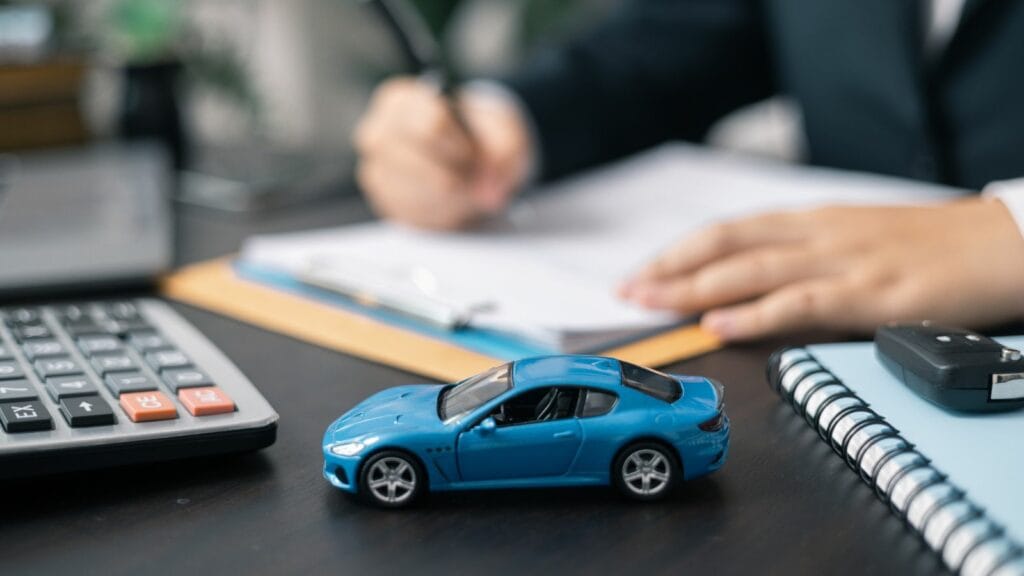Used car prices are finally reversing. After a period where values skyrocketed to record levels, the market has turned sharply, and prices are tumbling both at dealerships and at wholesale auctions. What was once a seller’s dream is now rapidly becoming a buyer’s market. Several factors are driving this shift, each one pushing values back toward reality.
New Car Supply Is Rebounding
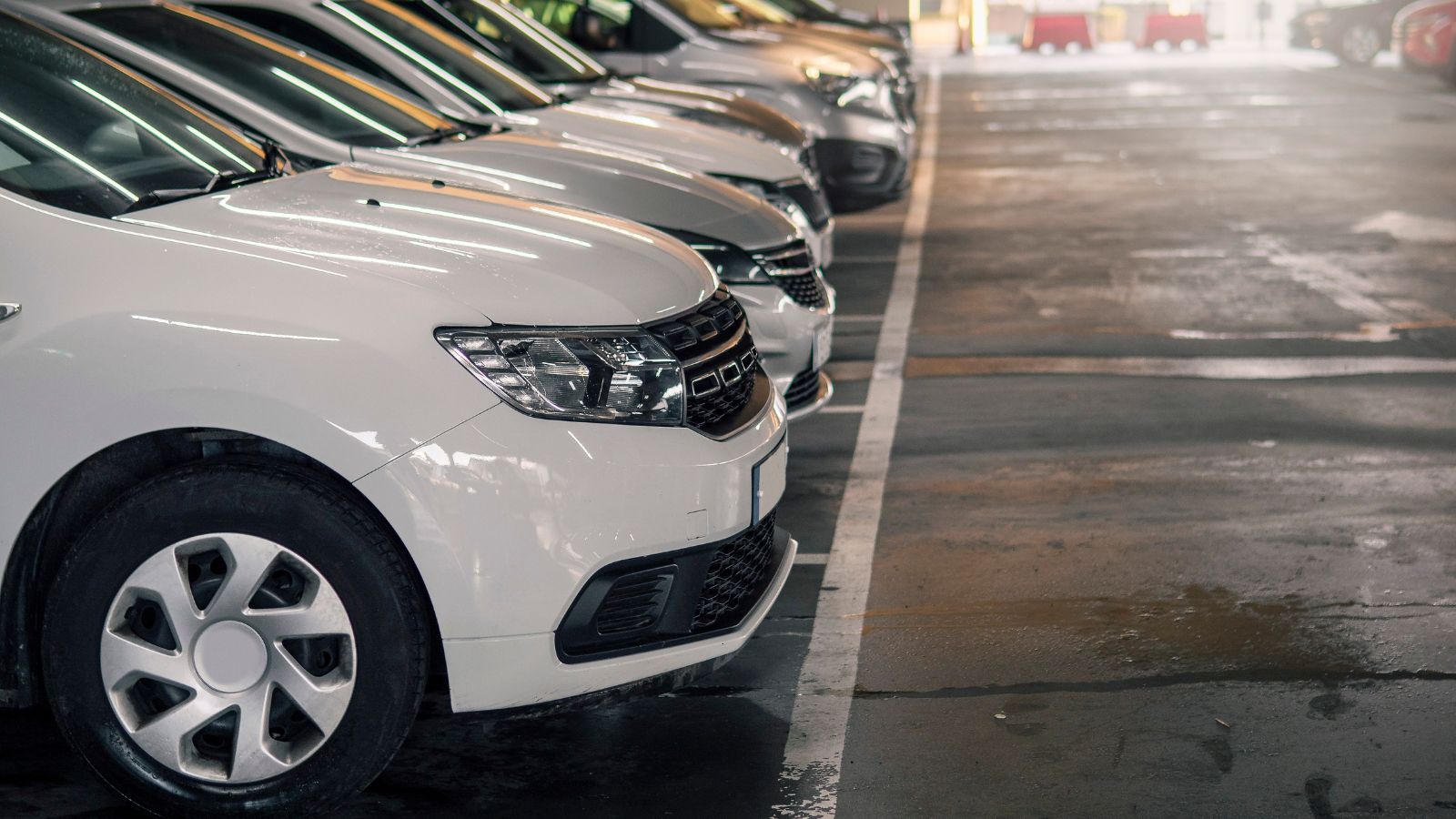
The shortages that fueled the used car bubble have largely eased. Automakers are producing at full pace again, and dealer lots are filling with new vehicles. With more brand new cars available, fewer buyers are chasing used ones. That increased supply of alternatives has taken away the desperation that once pushed secondhand prices sky high.
Wholesale Values Are Falling
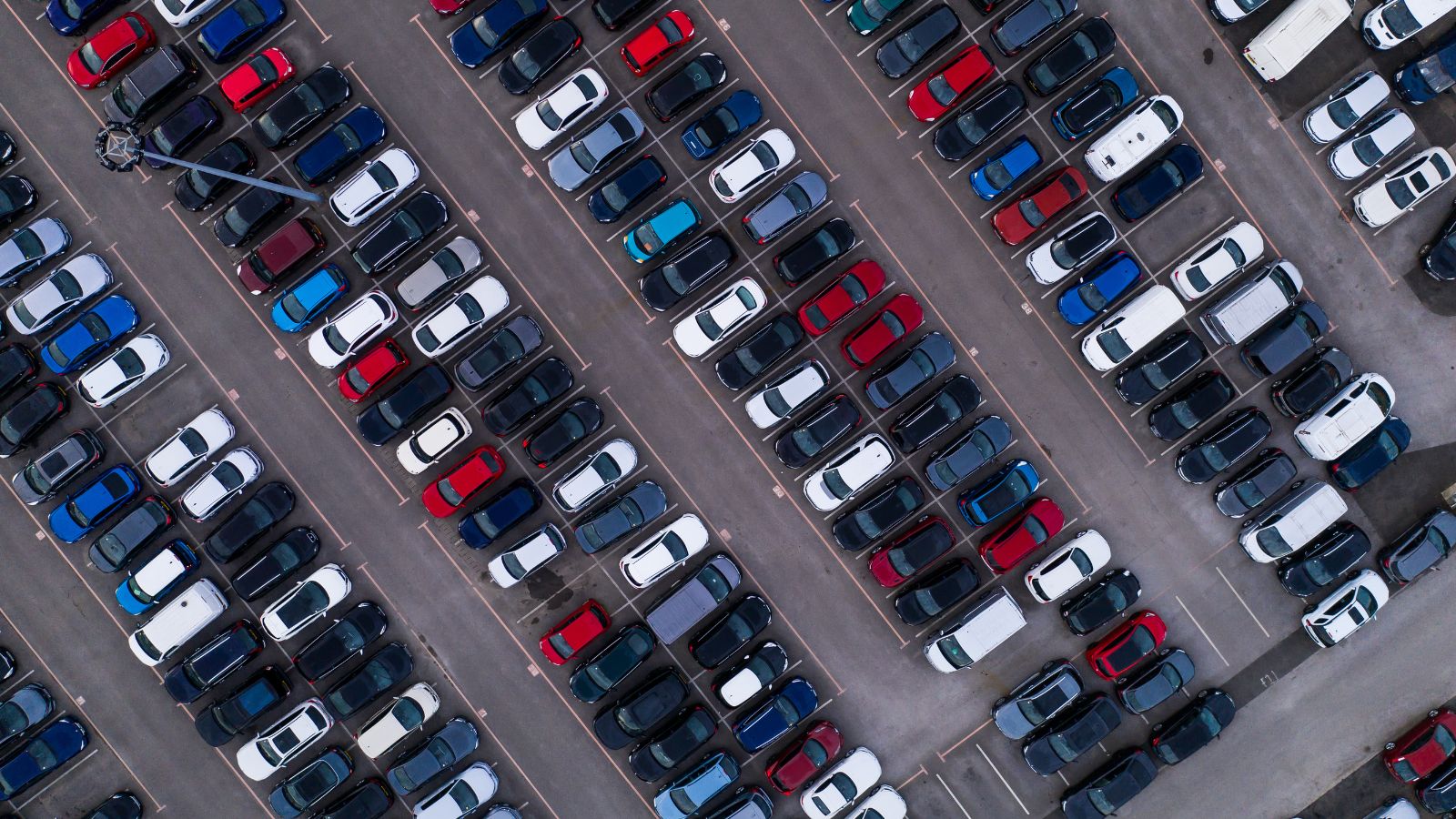
Manheim and other market trackers have reported sharp declines in wholesale values. Dealers are paying less at auction, and that drop is now filtering through to retail prices. For months, values of sedans, hatchbacks, and compact SUVs have been sliding. This correction is happening across the board, not just in one or two segments.
Interest Rates Are Squeezing Buyers
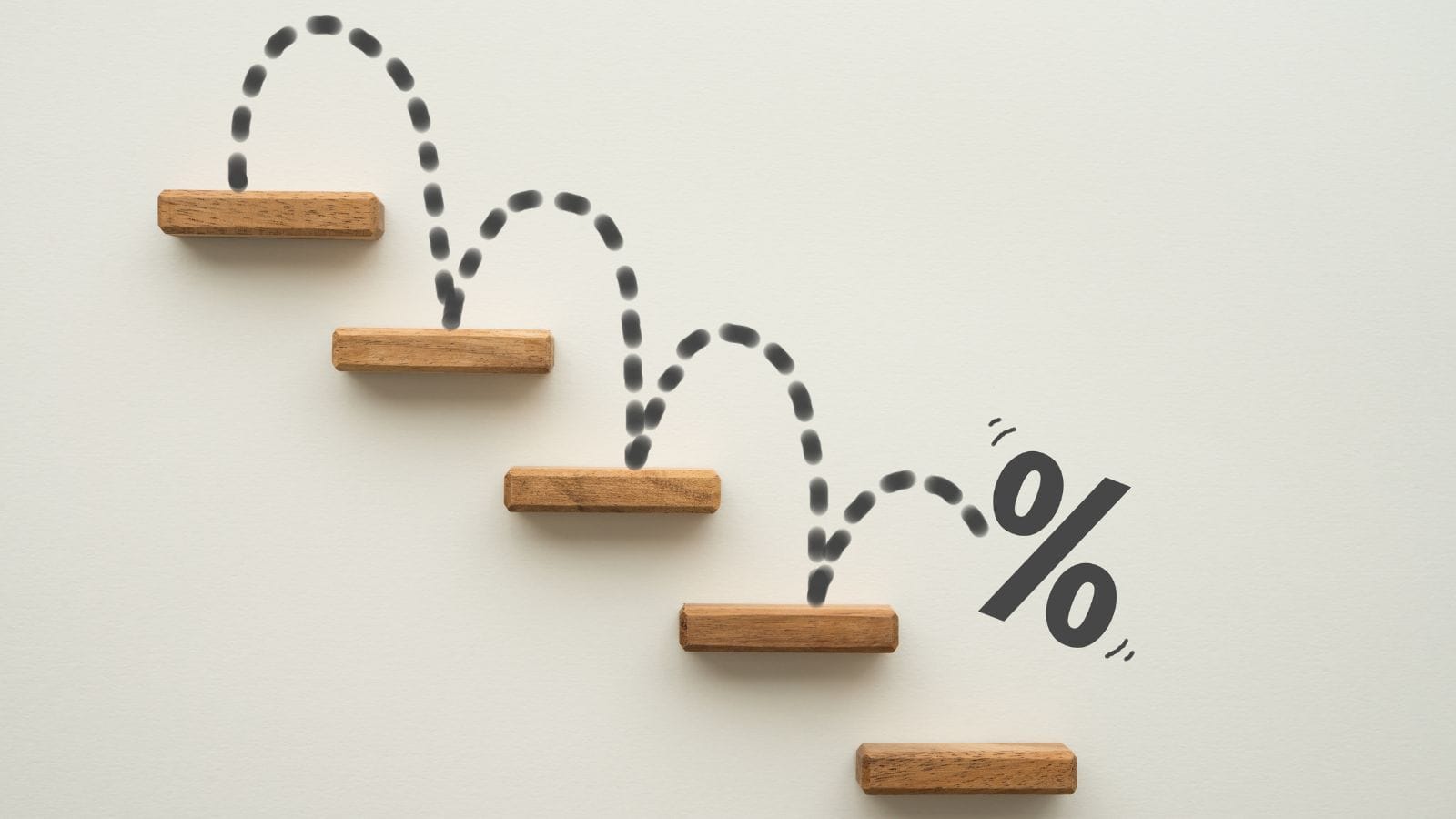
The cost of financing is higher than it has been in decades. For many, the monthly payments on a used car simply do not make sense. Buyers are pulling back, which leaves dealers holding more inventory than they want. To move cars, they are cutting prices, sometimes by thousands of dollars.
Pandemic Buyers Are Selling Off
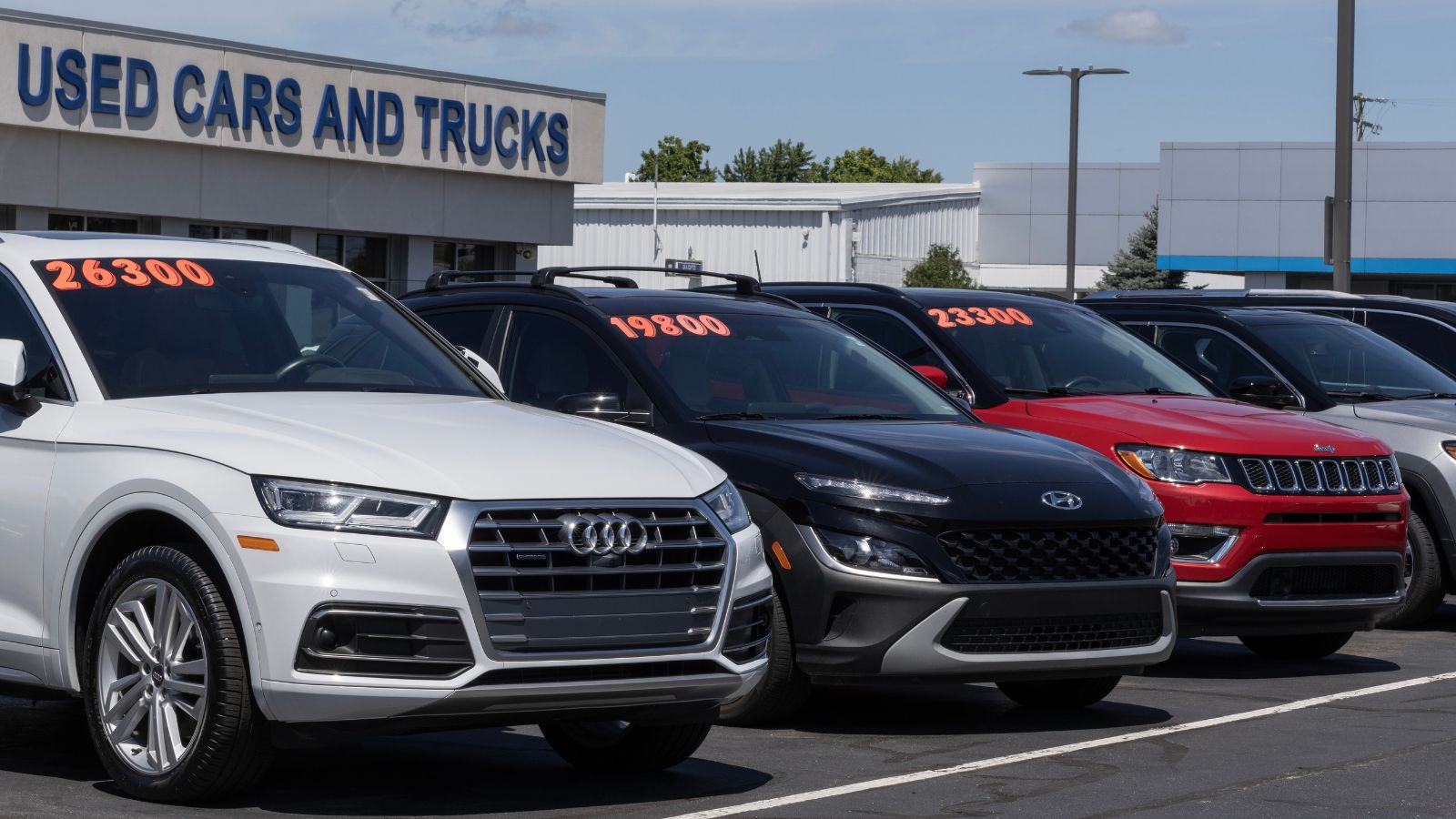
During the peak of shortages, many buyers overpaid for used cars. Now, as conditions normalize, those same people are trying to trade in or sell their vehicles. Dealers are receiving a wave of trade ins, many of which were bought at inflated values. The only way to resell them is to price them lower, pushing the market down further.
Electric Cars Are Leading the Decline

The used electric car market is collapsing faster than the gas powered one. Tesla slashed new car prices, and that immediately reduced the value of its used models. Add in rapid advances in technology, concerns over battery life, and inconsistent demand, and used EVs are dropping by double digit percentages. This has dragged overall used car averages downward.
Economic Caution Is Cooling Demand
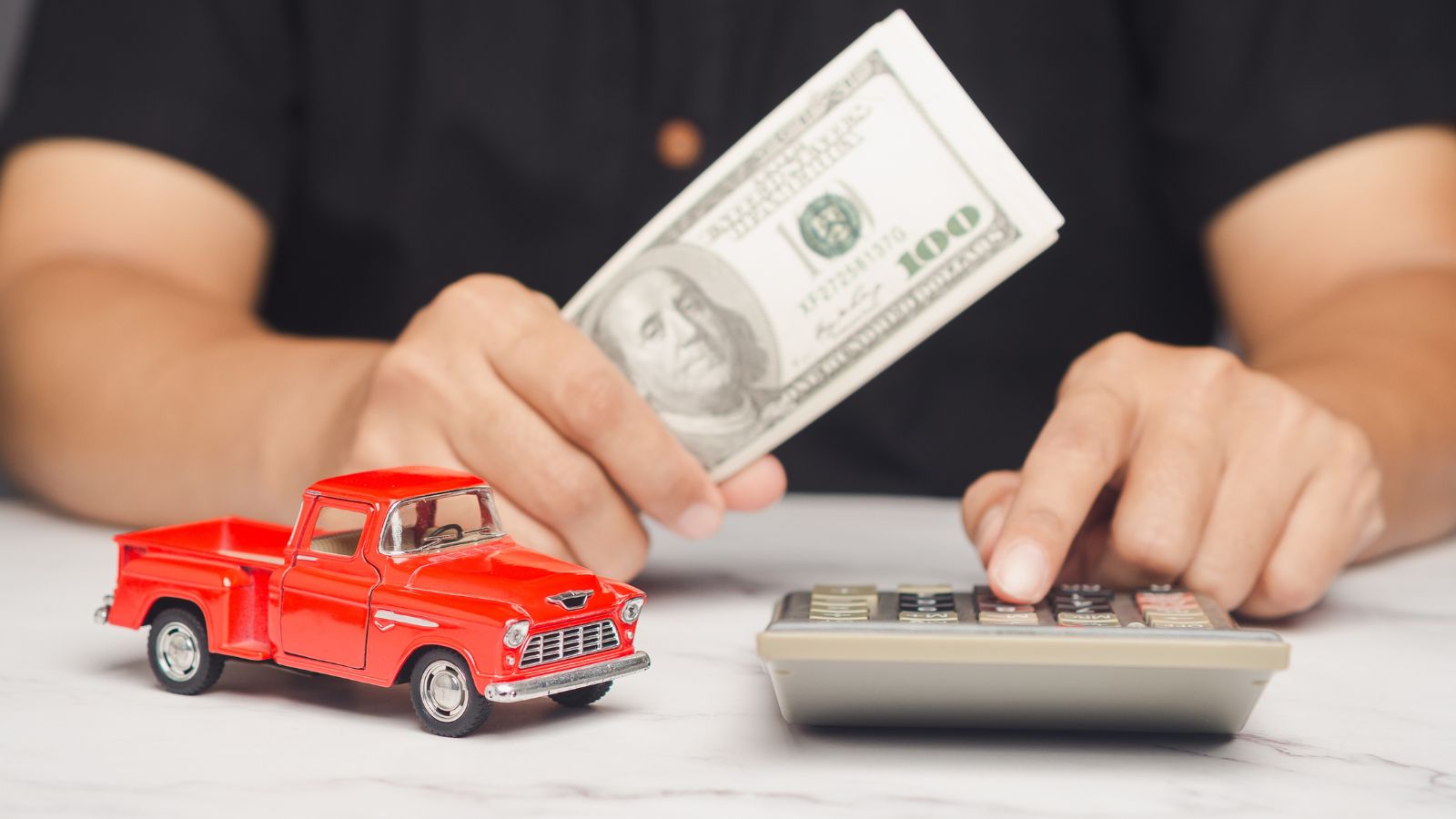
Even buyers who can afford to spend are hesitating. With inflation and economic uncertainty still weighing on households, fewer people are eager to take on car loans. A lack of urgency means dealers cannot count on impulse demand. Cars sit longer on lots, and price cuts become the only option to keep inventory moving.
Used Market Collapse
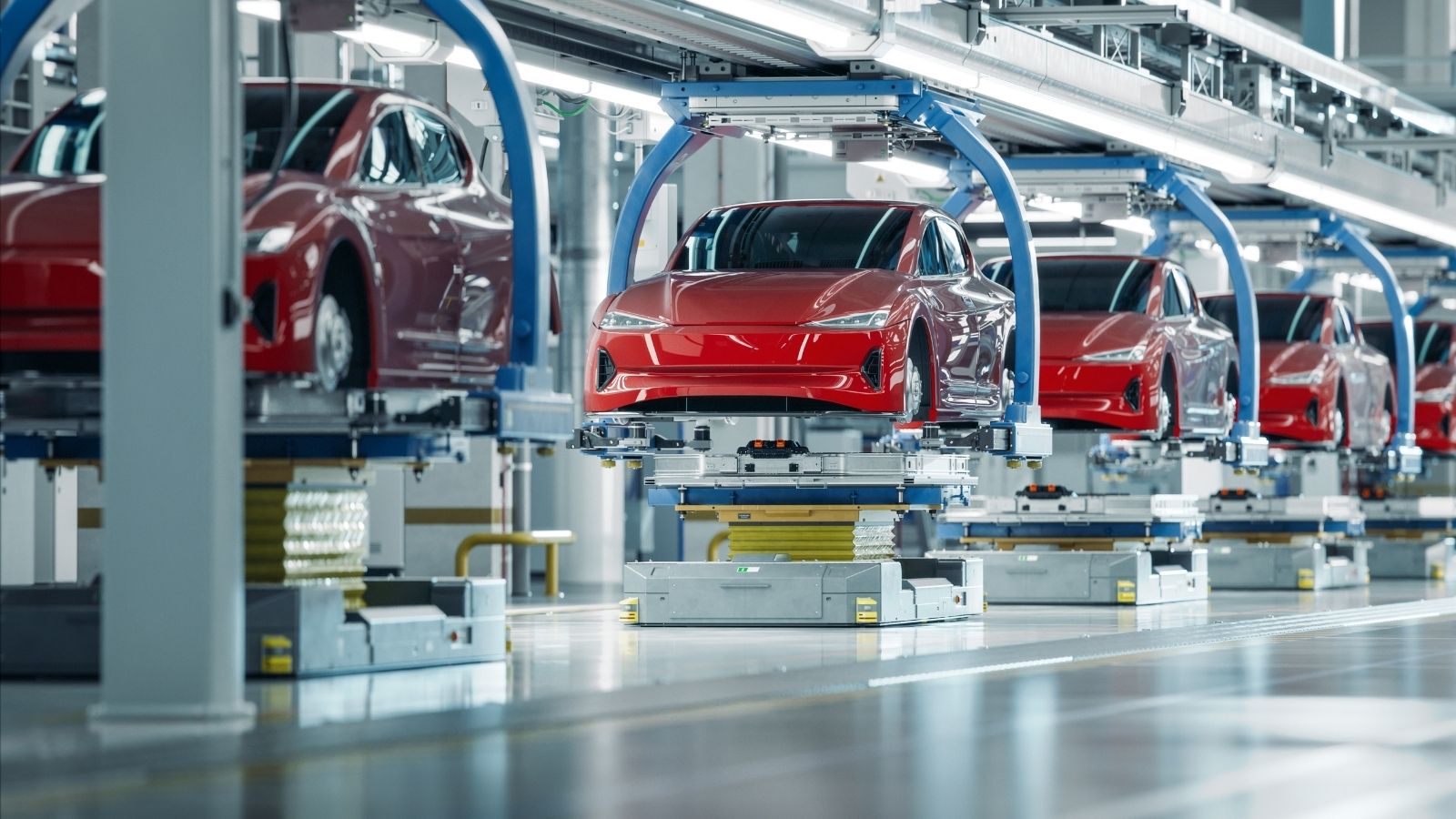
The collapse of used car prices is not a mystery. It is a natural correction after years of imbalance. New car supply is steady again, interest rates are discouraging casual buyers, and oversupply is flooding the market. Add to that the rapid depreciation of electric cars, and the picture becomes clear. For shoppers, this is the best chance in years to find real deals. For sellers, it is a reminder that the bubble is gone and will not return anytime soon.
25 Facts About Car Loans That Most Drivers Don’t Realize

Car loans are one of the most common ways people fund car purchases. Like any other kind of loan, car loans can have certain features that can be regarded as an advantage or a disadvantage to the borrower. Understanding all essential facts about car loans and how they work to ensure that you get the best deal for your financial situation is essential. Here are 25 shocking facts about car loans that most drivers don’t realize:
25 Facts About Car Loans That Most Drivers Don’t Realize
